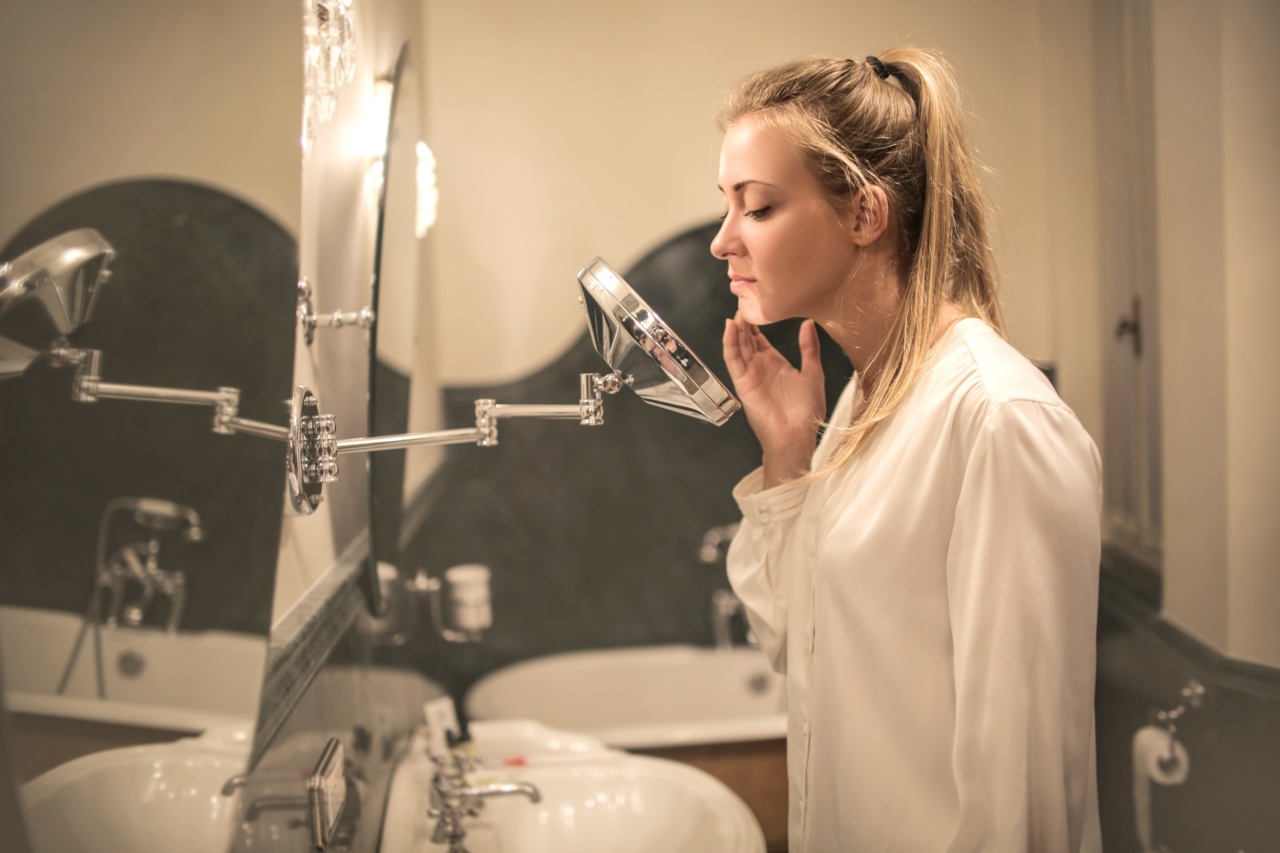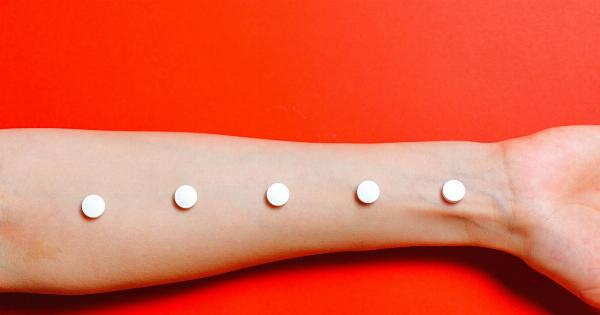Our skin is the largest organ in our body, and it is constantly exposed to various irritants and allergens that can cause various skin conditions.
Some of the most common skin irritations include eczema, psoriasis, hives, acne, rosacea, and contact dermatitis. In this article, we will discuss each of these conditions in detail and provide tips on how to treat them.
Eczema
Eczema, also known as atopic dermatitis, is a chronic skin condition that causes skin inflammation. It is characterized by dry, itchy, and red patches on the skin that can become scaly and even bleed.
The exact cause of eczema is still unknown, but it is believed to be a combination of genetic and environmental factors.
To treat eczema, it is important to keep the skin moisturized at all times. This can be achieved by using a good quality moisturizer regularly. In addition, avoiding triggers, such as harsh soaps, detergents, and certain foods, can help prevent flare-ups.
If the condition is severe, your doctor may prescribe topical or oral medications to reduce inflammation and itchiness.
Psoriasis
Psoriasis is a chronic autoimmune condition that causes rapid skin cell growth, resulting in thick, scaly patches on the skin. The condition can be triggered by stress, infections, cold weather, and certain medications.
Although there is no known cure for psoriasis, treatments can help manage the symptoms.
Topical treatments, such as creams and ointments, are commonly used to reduce inflammation and scaling. Phototherapy, which involves exposing the skin to UV light, is also an effective treatment option.
In severe cases, oral medications and injections may be necessary.
Hives
Hives, also known as urticaria, are raised, red bumps on the skin that are often itchy and can appear anywhere on the body. Hives can be caused by a variety of factors, including allergic reactions, infections, stress, and certain medications.
To treat hives, it is important to identify and avoid triggers. Over-the-counter antihistamines can be taken to reduce itching and inflammation. In severe cases, oral steroids may be necessary. Cold compresses and oatmeal baths can also provide relief.
Acne
Acne is a common skin condition that occurs when hair follicles become clogged with oil and dead skin cells, resulting in pimples, blackheads, and whiteheads. Acne can be caused by hormonal changes, stress, poor hygiene, and certain medications.
To treat acne, it is important to keep the skin clean and avoid using harsh scrubs or abrasive cleansers.
Topical creams and gels containing benzoyl peroxide, salicylic acid, and retinoids can be effective in reducing inflammation and preventing further breakouts. In severe cases, oral medications, such as antibiotics or isotretinoin, may be necessary.
Rosacea
Rosacea is a chronic inflammatory condition that causes redness, flushing, and acne-like bumps on the face. The exact cause of rosacea is still unknown, but it is believed to be a combination of genetic and environmental factors.
To treat rosacea, it is important to avoid triggers, such as spicy foods, alcohol, and sunlight.
Over-the-counter creams and gels containing benzoyl peroxide, azelaic acid, and metronidazole can be effective in reducing inflammation and preventing further flare-ups. In severe cases, oral medications, such as antibiotics or isotretinoin, may be necessary.
Contact Dermatitis
Contact dermatitis is a skin condition caused by exposure to irritants or allergens. It is characterized by red, itchy, and sometimes blistered skin. Common triggers of contact dermatitis include soaps, detergents, cosmetics, and certain plant materials.
To treat contact dermatitis, it is important to identify and avoid triggers. Over-the-counter creams and ointments containing hydrocortisone and antihistamines can be effective in reducing inflammation and itching.
In severe cases, oral medications may be necessary.






























